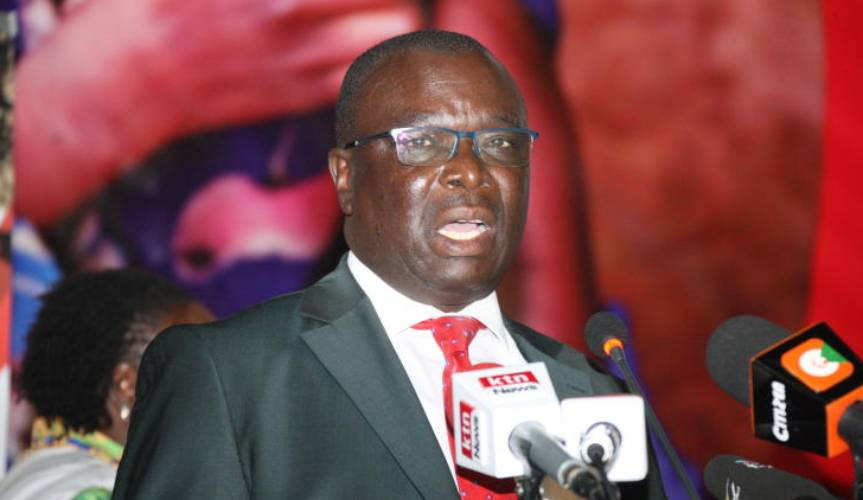×
The Standard e-Paper
Stay Informed, Even Offline

Kenya's economy experienced a slower growth rate of 4.8 per cent in 2022 compared to 7.6 per cent the previous year, according to the latest survey.
The Kenya National Bureau of Statistics (KNBS) 2023 Economic Survey released on Wednesday, May 3, 2023, in Nairobi, attributed the sluggish growth of the economy to several factors, chief among them the Covid-19 pandemic and a prolonged drought that impacted most parts of the country.